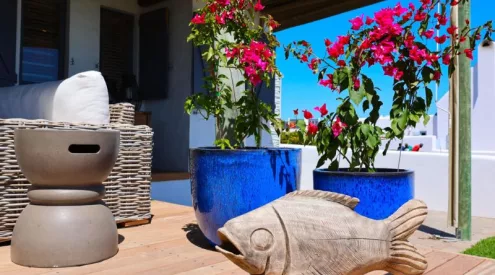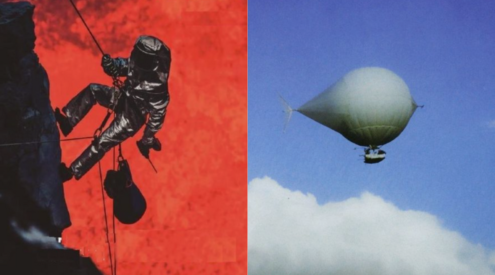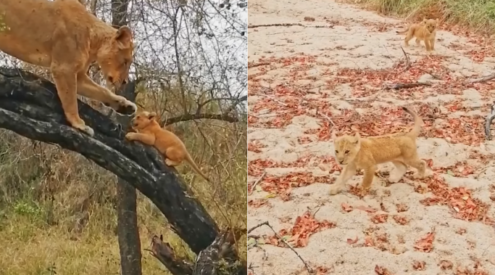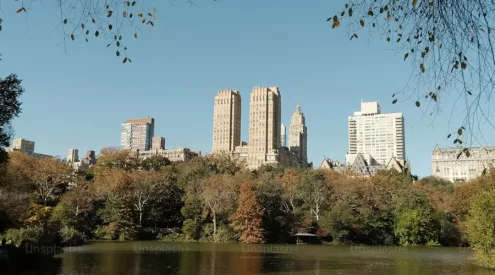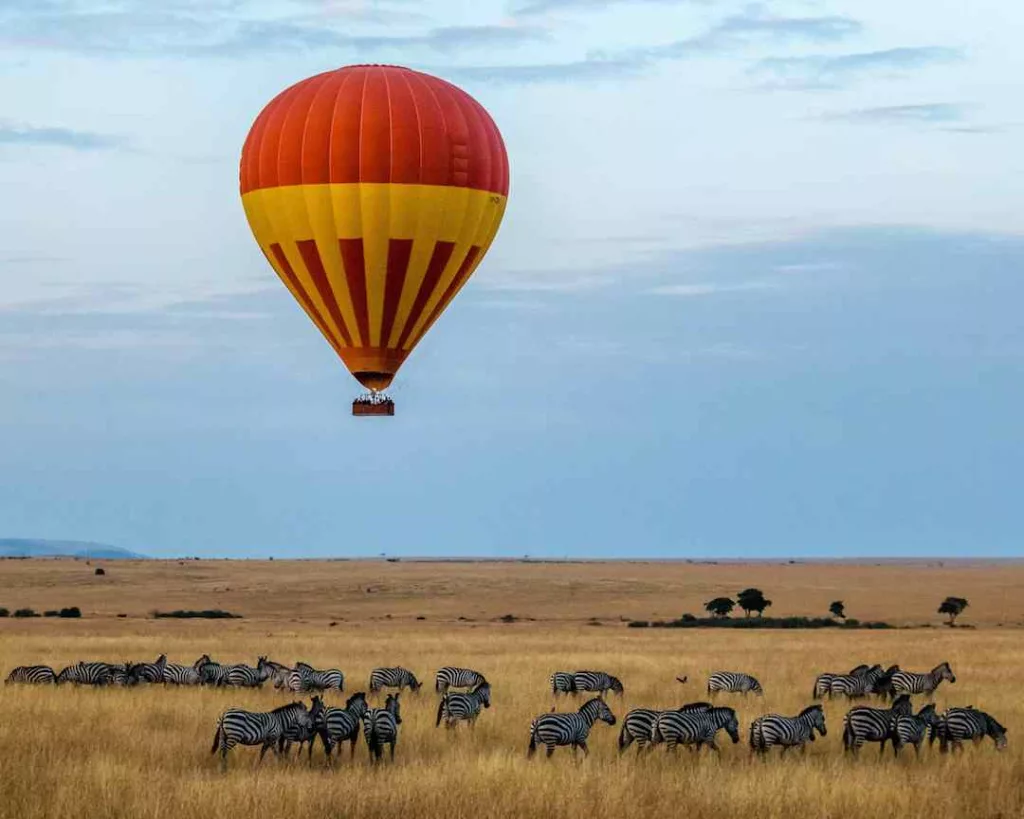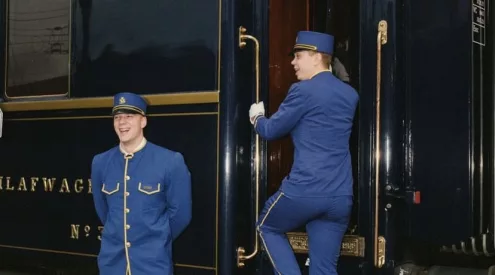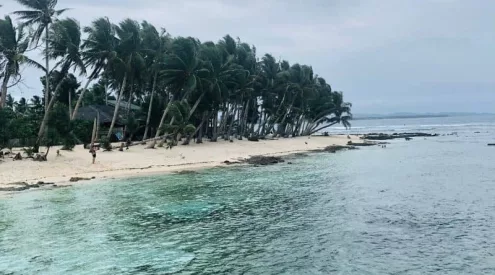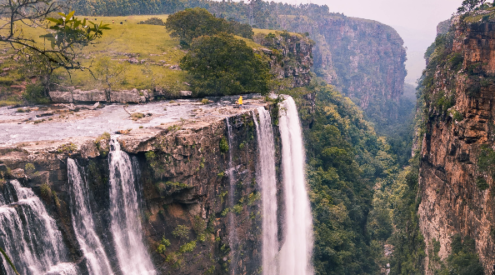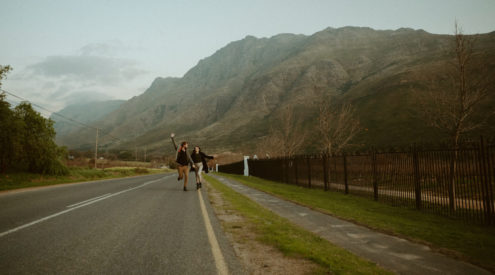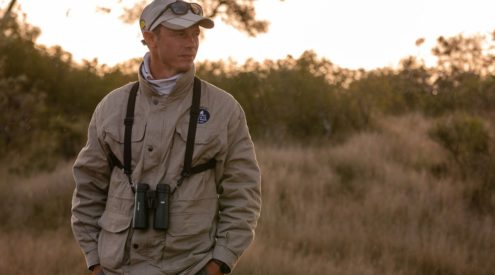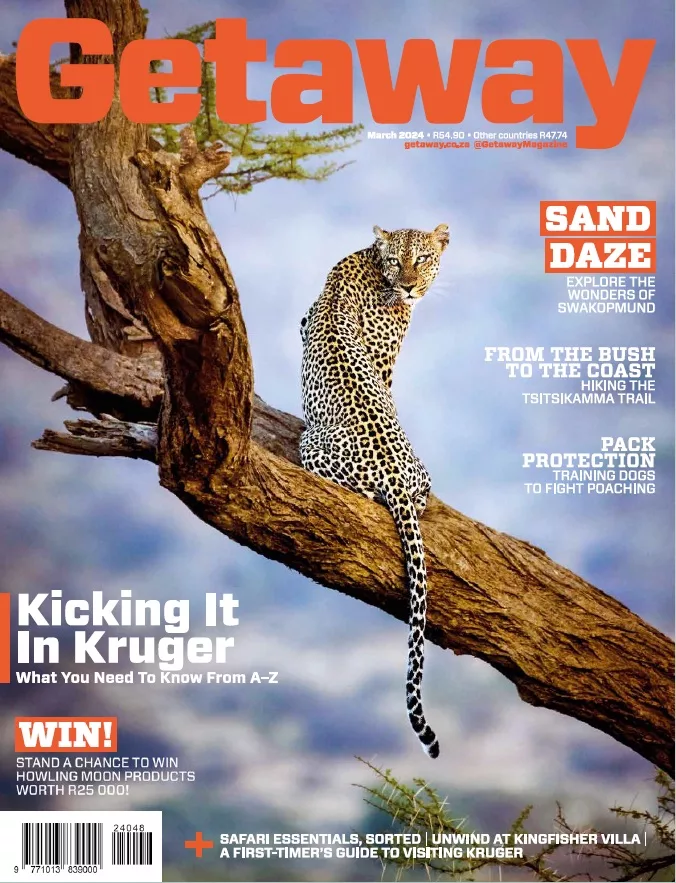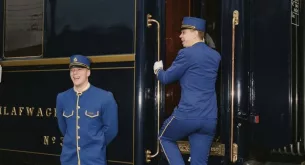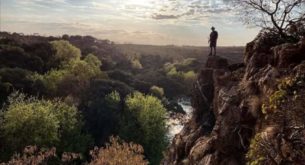Becoming a game ranger is ideal for those wanting to pursue a conservation related career, but it does require quite a versatile skill set. Being a ranger does project the facade of being quite a glamorous career. After all, you spend your time socialising, driving rugged outdoor vehicles and tracking wildlife in pristine reserves. Do not be deceived – this is only a small part of what a game ranger does on a day-to-day basis. When we’re relaxing in our four-poster beds, rangers are up at 3:00 am prepping the Land Rovers and stocking the cooler box. The hard work is rewarding but, like the majority of jobs, it’s no picnic. The key ingredient to becoming a ranger is passion. You need to be passionate about people, the environment and about wildlife.
I chatted to Jason Kipling who is currently working at Umkumbe Safari Lodge to find out what it is like working as a game ranger. If you are thinking of changing careers, taking a gap year, having a mid-life crisis or just starting out; then read Jason’s account of his colourful career as a ranger and decide if this is the life for you.
What qualifications do you need to become a game ranger?
Most of us studied the FGASA syllabus. This is a national requirement to work legally as a professional field guide. FGASA stands for ” Field Guides Association of Southern Africa” and there are 3 main levels of guides – level 1,2 and 3. If you wish to do walking safaris in areas with dangerous game you will also have to complete the trails guide theory and practical assessments. I studied at Bushwise based on Makalali Private Game Reserve in Limpopo. The FGASA syllabus covers a large variety of topics including animal behaviour (ethology) birds, reptile and amphibians, botany and grasses, ecology, astronomy, survival and more!!
Did you grow up in the African bush?
No. I grew up in Cape Town but spent a lot of time in Botswana, Kalahari and the Kruger National Park.
What made you decide to become a ranger?
After going on many bush holidays and hating the feeling of going back to real world” I decided that I wanted to live and stay in the bush.
What type of personality is required to become a ranger?
You definitely need to be a very sociable person and have good people skills!! An outgoing personality will get you far – it’s not a job for the shy. As a ranger/guide you will spend on average 16 hours a day with guests and staff.
How long have you been a ranger for?
I’ve been in the guiding industry for 6 years now ( best 6 years of my life!).
Describe your average day. Don’t leave out any details !
I wake up at 04:30 and prep coffee/tea for the guests before I wake them up at 5. I normally have a quick coffee myself and then we head out for morning drive/walk. Breakfast is normally at about 08:30.
Then I see the guests off who are departing and start getting things ready for new arrivals, In conjunction with this I tend to guest’s needs and deal with maintenance around the camp. In between all of this I welcome and get the new guests settled.
At 02:30 we have a quick lunch and then I get the sundowner orders from my guests and pack the cooler and snack boxes for the afternoon drive.
At 03:30/04:00 we depart for the afternoon/night drive returning at around 07:30 for dinner. I’ll host my guests and serve them drinks before, during and after dinner. After dinner the guests usually like to socialise around the fire and hear a few of my stories. When they are ready to retire to their rooms I will walk them back, ensuring they are safe at all times. When everyone has gone to bed, I spend time re-stocking the bar and locking up the lodge. Then I squeeze in a few hours sleep.
What are the pros and cons of being a ranger?
There a SO many pros, especially if you love the bush like I do! You have the honour and privilege of working in the of the most naturally beautiful places in the word. Your office is Africa! The longer one stays in the bush the more it grows on you and the deeper your respect and understanding of the natural systems become. It’s peaceful, safe and BIG. You will see and experience something new every single day and if willing, you will also learn something new.
And as for the cons, you are dealing with all different types of people 24/7. Not everyone you deal with is nice. Also, you work 7 days a week, usually for 6 weeks at a time so your social life quickly becomes non-existent. If you work at small lodge then it can get quite lonely at times.
What has been your most dangerous encounter?
I was once charged by a huge elephant bull in musth who stooped about a metre away from me, his tusks either side of me!! Just the other day I was out following lion tracks on foot when I noticed a leopard lying less than a metre away from me… that was pretty scary. I just carried on walking and let him believe that I hadn’t seen him.
So, those Land Rovers and Land Cruisers require skill to drive. Did you get on the job training for this type of 4×4 driving?
I did get basic training but as the saying goes – “you can’t buy experience!”
What has been your best experience as a ranger?
Wow, that’s really a tough one. I think every moment is special but what really sticks out for me are the rare times when there are no guests in camp and I can have some “solo” time with the bush. I’ll often go for a drive, stop somewhere and watch an epic sunset while listening to the sounds of the bush and watching the mind-blowing transition from day to night.
What do you enjoy about the reserve you are currently working in?
The Sabi Sand is open to the mighty Kruger National Park and therefore is a very natural system with almost no human interference. There is also a high big game density with varying landscapes and scenery.

Elephant walking past the Umkumbe Safari Lodge

Jason Kipling is currently based at the Umkumbe Safari Lodge
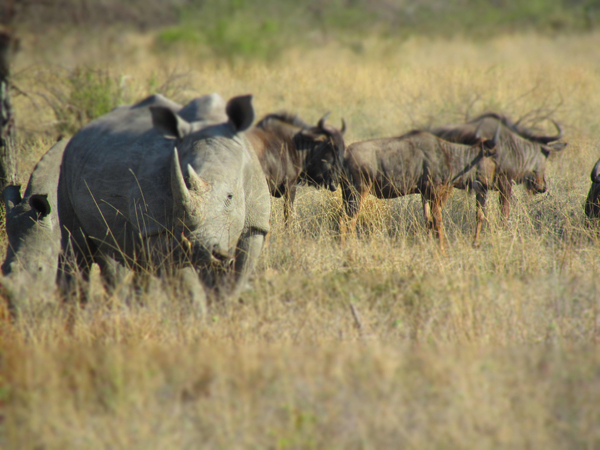
One of the rewards of being a ranger – game spotting
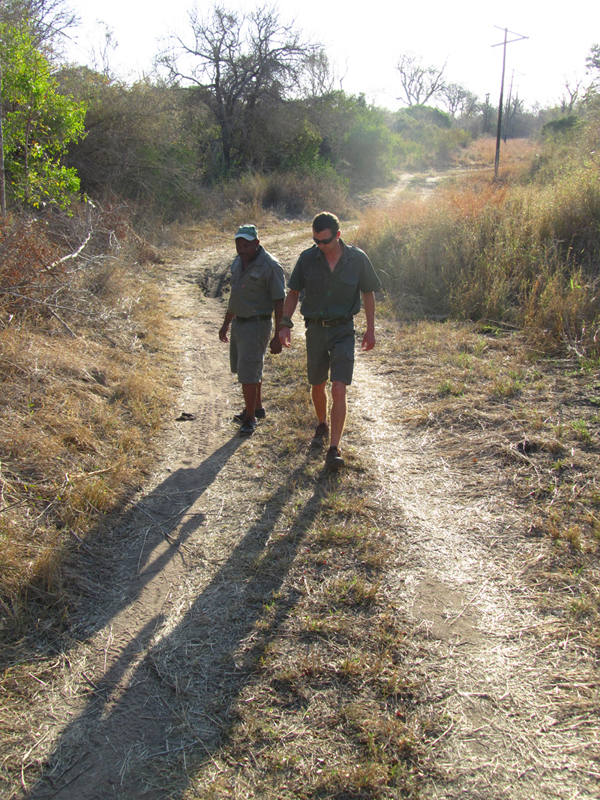
Jason and the tracker following fresh lion tracks

